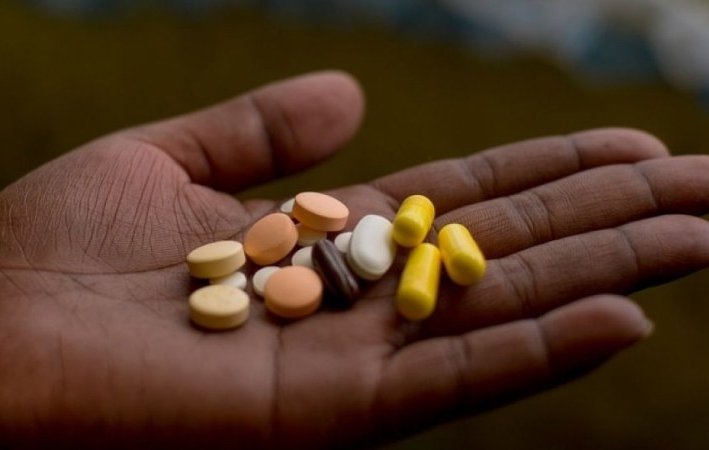Tuberculosis (TB) may not command the same urgency as HIV or Ebola, but it remains one of Uganda’s most stubborn public health challenges. Spread through the air, the disease can affect anyone and continues to thrive where diagnosis and treatment are delayed.
“TB is just like any other disease, and it’s airborne, meaning anyone can easily contract it once exposed,” says Kisa Freda Robinah, the TB Focal Person at Uganda Martyrs Hospital Lubaga. She explains that while the lungs are most commonly affected, TB can also spread throughout the body via the bloodstream.
One of the greatest obstacles in fighting TB is delayed diagnosis. Early symptoms such as persistent cough, fever, and fatigue are often mistaken for the flu or seasonal coughs. Many Ugandans resort first to herbal remedies and only turn to hospitals when the condition worsens. “In Uganda, there is a poor culture of seeking medical attention,” Kisa notes. “People often try herbal remedies first and only go to hospitals as a last resort.”
The burden is even heavier among people living with HIV, whose weakened immune systems make them highly vulnerable. This is why TB screening is routine in HIV clinics. The intersection of TB and HIV remains a major factor behind Uganda’s high case numbers, despite continuous public awareness campaigns.
Prevention begins early in life with the Bacillus Calmette-Guerin (BCG) vaccine, which protects children against severe forms of TB though not complete infection. Equally vital is early detection, which ensures that suspected cases are quickly linked to care before they can spread further.
Treatment is lengthy and requires strict discipline. Patients must take daily medication for several months, beginning with an intensive phase followed by a continuation stage. Doses are adjusted according to body weight to maximize effectiveness. However, even within health facilities, missteps occur. “Sometimes, we health workers contribute to drug-resistant TB by prescribing an under dose,” Kisa admits.
Despite these challenges, TB remains curable. “With proper treatment, TB can be completely cured,” Kisa stresses, underscoring the need for stronger public awareness, timely diagnosis, and adherence to treatment.
As Uganda continues its fight, experts warn that tackling TB requires urgency, commitment, and community responsibility before the disease entrenches itself even further.
